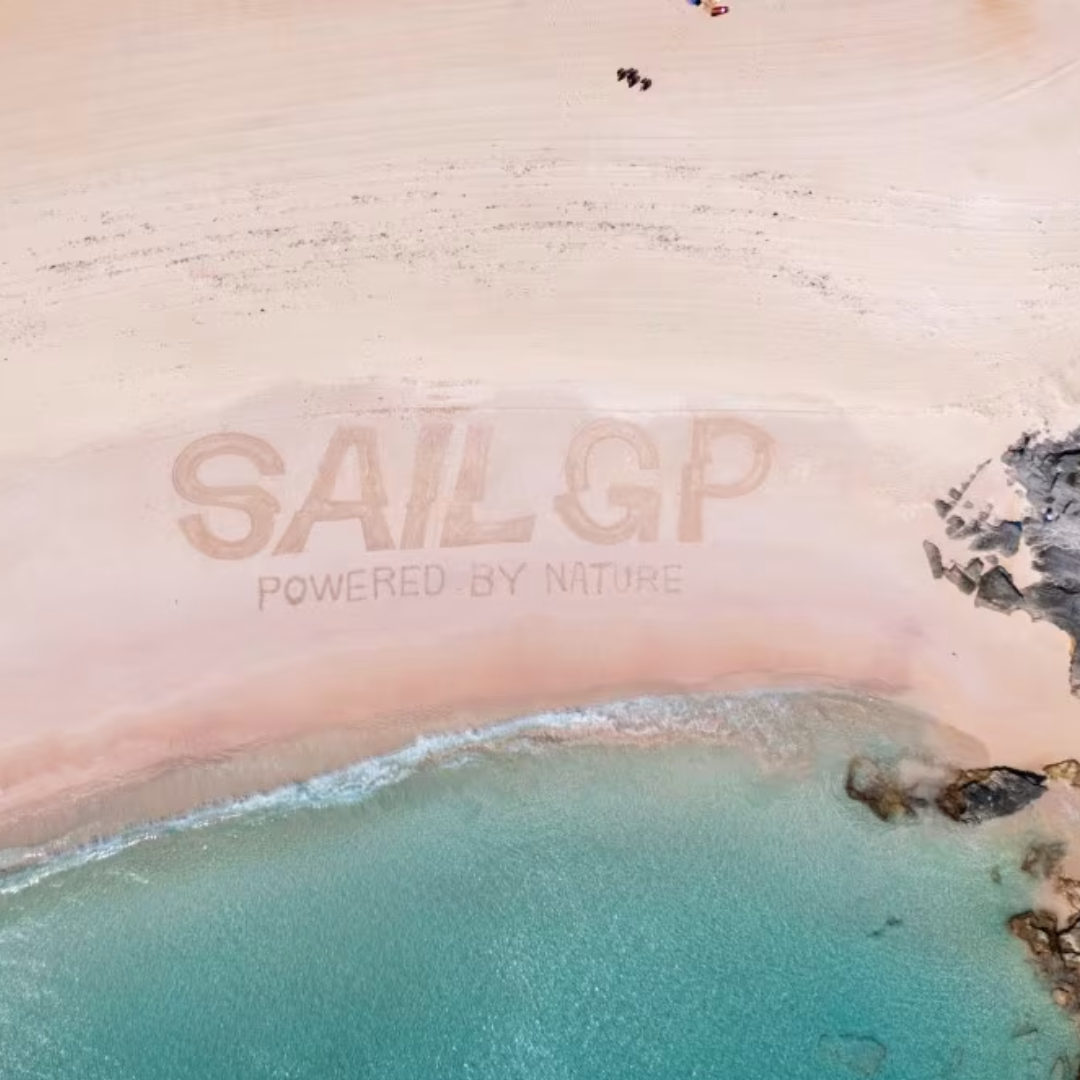Sowing Seeds of Change: How Women Are Reclaiming Kenya's Climate Future
By Madeleine Garlick, Africa Director at One Carbon World
 Watch Video
Watch Video
When we plant trees, we plant the seeds of peace and the seeds of hope
It was in 2005 when I first began working on environmental issues for the British government. Back then, we spent quite a lot of time in and around Kenya, the home of the United Nations Environment Programme (UNEP), and an important regional and global hub for environmental activism. On my first trip to Nairobi, I remember being struck by how green the city was, with large, beautiful trees on every street corner.
It was on one visit to Kenya that I first became aware of a pretty phenomenal woman: Professor Wangari Maathai. It feels remarkable now, in 2025, to think that Prof. Maathai was at the prime of her time in global environmental advocacy over 20 years ago (although she had been politically active in Kenya for much longer than that, having founded the Green Belt Movement in 1977).
Prof. Maathai was born in the Nyeri area, near Mount Kenya—the region I was privileged to visit on my recent trip. And from an early age, she became seized of the environmental challenges facing Kenya and the world. This is a time when a global consciousness around climate change was only just emerging. Maathai was seized of the threats facing the natural world way before that period, and talking about environmental rights and governance 20 years before the Kyoto protocol was agreed. She was arrested many times…whilst planting trees. She also trained in the 1960s and 1970s in intensely male-dominated sectors, studying and working in Kenya, Germany, and the US, facing numerous barriers to her progress.
Prof. Maathai's message was simple: forests were key to livelihoods and the very existence of the people of Kenya, whom she loved most. As a woman, she was often ridiculed, told to be quiet, to get back in her place. Prof. Maathai faced threats of physical violence. She was accused of being a woman who ‘could not be controlled’. But she continued to speak up in a way that was also unnerving for policymakers, including those around me. Instead of using grand terms and technical jargon, she cut through to people's consciousness, calling for them to take power into their own hands and grow trees.
Maathai was awarded the Nobel Peace Prize in 2004 for her contributions to sustainable development, democracy, and peace. She was the first African woman to win this award, although people in Kenya and environmental circles had been praising her work long before then.
It's a valuable use of 9 minutes to listen to her acceptance speech (Nobel Lecture by Professor Wangari Maathai). She accepted her prize, humbly, on behalf of the people of Kenya and Africa. Her explanation of the rationale for planting trees for sustainable development still remains valid today.
Maathai talked about tree planting as the 'natural choice' to address climate issues, as 'simple and attainable', with significant value for the broader ecosystems, livelihoods, water and soil. She speaks powerfully about empowering disadvantaged communities in Kenya, who have historically been (mis)led to believe that their poverty means they lack the means to effect change. And how uncontrolled land clearing and the spread of monocultures, initially brought by colonial farming practices, were degrading the rich environment in Kenya.
Maathai remained active in environmental and political causes, often amid considerable controversy. She met Barack Obama during his visit to Kenya. I was shocked when I learned of Maathai's death in 2011. I truly felt that her voice would continue to be heard forever.
But here is the good news. Her spirit of advocacy lives on, alive and well, in her beautiful home nation of Kenya!
In Kenya, I found a country infused with the spirit of Maathai. Kenyans are speaking up on the global stage and at home about the need for climate justice and high ambition action, and they are not sitting back and waiting for others to make the change happen. And I found many women who are still continuing to take on leadership roles in advancing climate action.
Kenya is at the forefront of nature-based solutions. It’s a country rich in forest and soil expertise, including at the renowned Wangari Maathai Institute at the University of Nairobi, where OCW is receiving technical advice from the esteemed Dr Jane Mutheu Mutune, who is helping us understand the potential for nature-based solutions in Kenya.
Many women are now harnessing the power of sustainable business, growth, and enterprise to achieve environmental objectives. The sustainability managers at two major companies that OCW supports are both Kenyan women. Wendy Boit is Group Head of Sustainability and ESG at Sasini, the largest agribusiness in Kenya. Nushin Ghassmi Gilani is Head of Sustainability and Communications (Global) at IPS, the infrastructure and industrial development arm of the Aga Khan Fund for Economic Development. These two inspiring women are bringing innovation and expertise to the agricultural and industrial sectors in Kenya!
A few years ago, I saw the impressive Elizabeth WATHUTI speak passionately about climate change and the youth. She is now working to teach young people about environmentally conscious behaviours through growing fruit trees. Turns out she is also from Nyeri County: clearly, I’m learning that this is a hotbed of climate activism!
I feel honoured to have met many of these women and seen the impact of their work during my trip to Kenya. OCW will continue to work with leading women to bring change.
In the words of Nobel Laureate Maathai: If you continue doing small things collectively in the society, they will make change.

Our Projects

Turning the Tides: How Sail GP is Redefining Climate Leadership in Sports
.png)
Farming for the Future: Sasini's Journey to Net Zero






